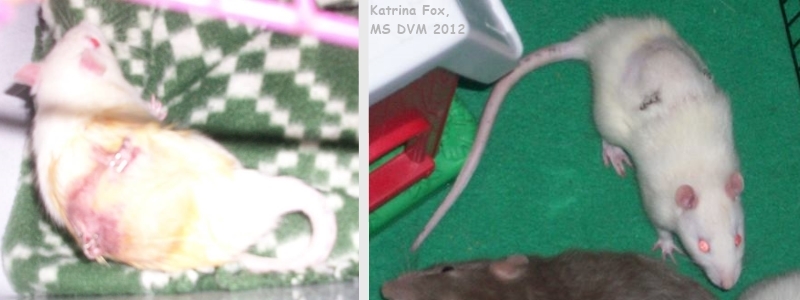Figure 1c: Ovariectomy in 2-month-old female rat (Goose).
Case history and photos
History
“Goose” was born on 14 June 2012. At two months of age the decision was made to have Goose spayed, in order to reduce the chance of her developing mammary tumors or a pituitary tumor.
Clinical Signs
Healthy 2-month-old female rat.
Diagnosis
Healthy young female rat scheduled for ovariectomy.
Treatment
Goose underwent an ovariectomy (OE) spay on 22 August 2012. She was given Buprenorphine pre-op and Metacam post-op. Isoflurane was used for anesthesia. The ovaries were removed through the back wall of the abdomen. The incisions were closed with Autoclips (brand name).
Outcome
Goose recovered and healed very well.
Goose passed away on 4 November 2013 (just shy of 1.5 years old) due to respiratory issues. She had not developed any mammary tumors during her lifetime.
Photos
 The photographs show the position of the Autoclips (brand name) that were used to close the two incisions that were made in Goose’s back in order to perform the OE spay. The photograph on the left was taken during the post-op recovery period; the photograph on the right during an introduction with cage-mates. |
Case history and photos courtesy of: Katrina Fox, MS DVM
Case Editors: Karen Grant RN, and Cyzahhe


